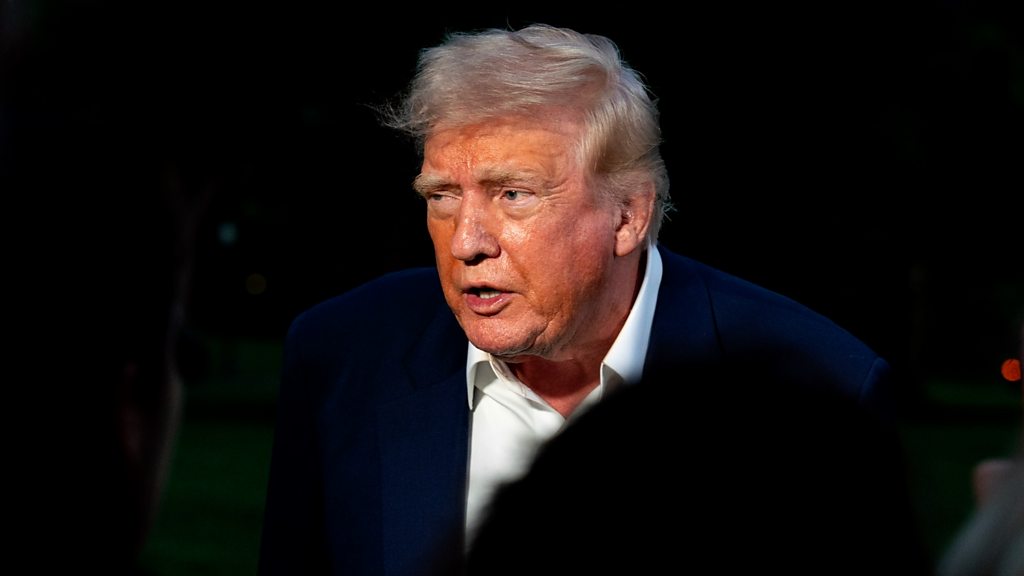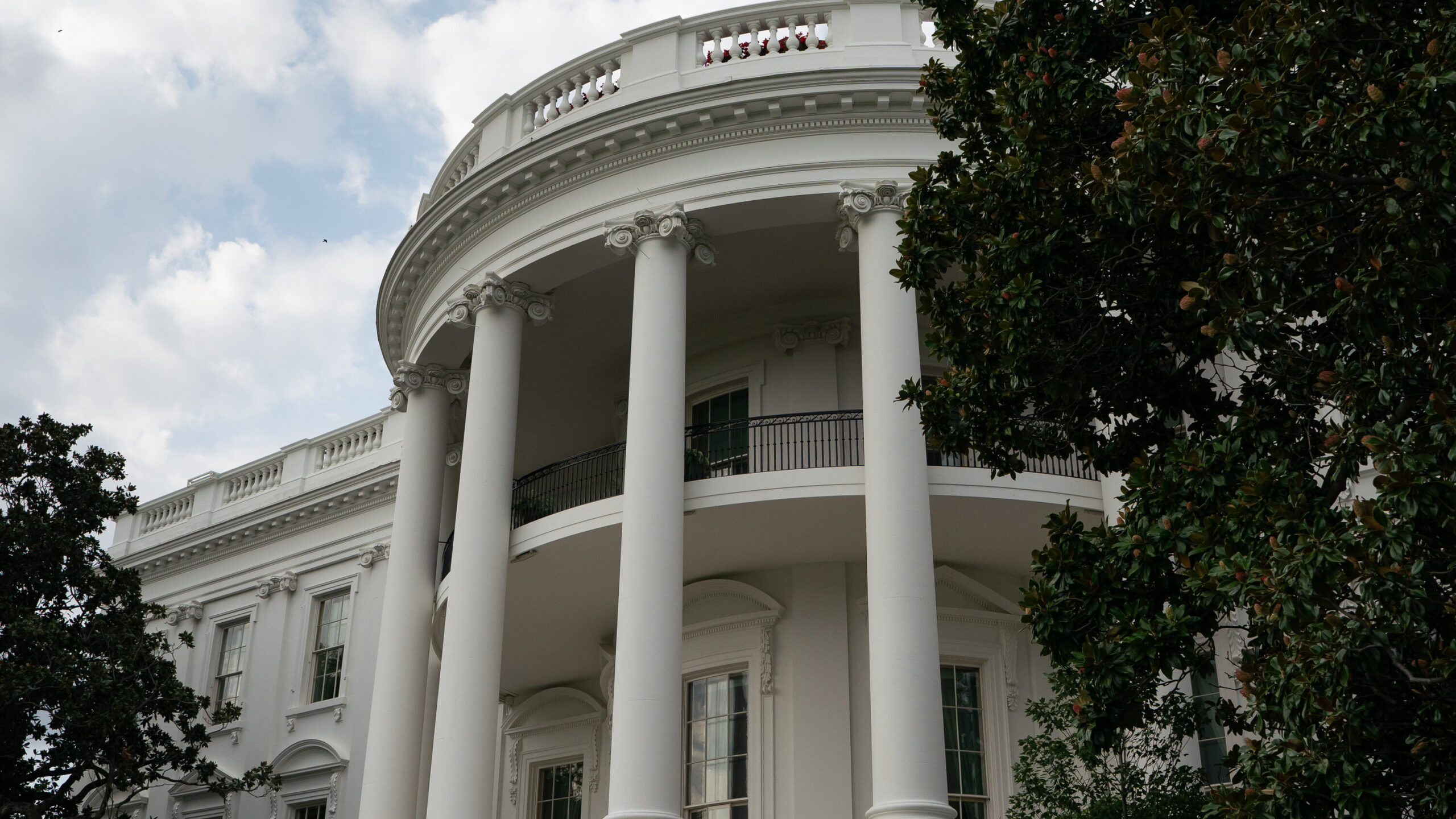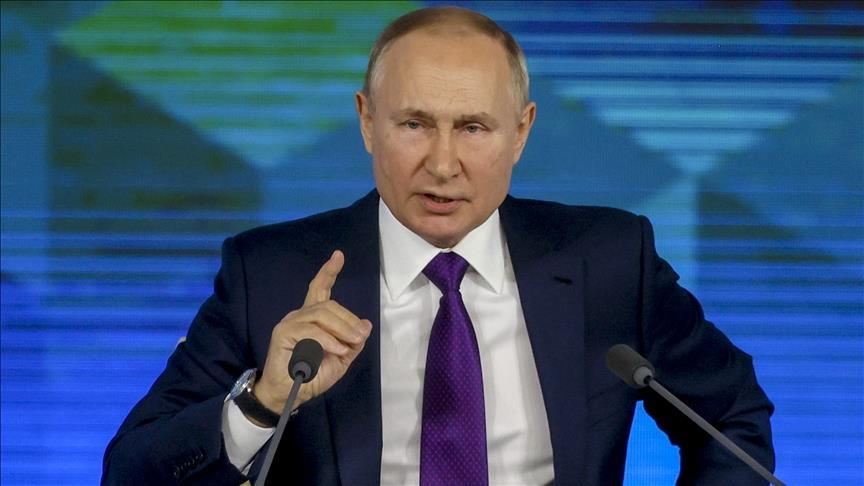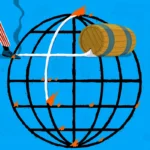Trump Threatens 100% Tariffs on Foreign-Made Movies in a Bid to ‘Protect American Culture and Jobs’

U.S. President Donald Trump has ignited a new global controversy by vowing to impose 100% tariffs on all movies produced outside the United States, framing the move as an effort to “protect American culture, workers, and creativity from unfair foreign competition.”
The declaration, made during a campaign rally in Orlando, Florida, marks the latest addition to Trump’s growing list of protectionist economic pledges as he seeks to return to the White House in 2025. The proposal, which targets Hollywood’s international rivals — including major film industries in the United Kingdom, India, South Korea, and France — has drawn swift reactions from global entertainment leaders, economists, and cultural organizations.
A “Cultural Protection” Policy — or Global Trade War?
Trump’s new tariff threat is being described by his campaign as part of a “Cultural American First” initiative, aimed at “restoring the dominance of U.S.-made entertainment.”
“American workers are losing out while foreign studios and streaming platforms make billions off of American audiences,” Trump declared before a crowd of thousands. “We will bring our film industry back home. If they make movies overseas and try to sell them here, they’ll pay a 100% tariff — no exceptions.”
He argued that Hollywood’s increasing reliance on international co-productions and outsourcing of filming locations — from Canada to New Zealand — has led to the loss of tens of thousands of U.S. production jobs.
The Trump campaign claims the tariffs would incentivize studios to film and produce entirely within U.S. borders, while discouraging major American streaming platforms like Netflix, Disney+, and Amazon Prime Video from investing in foreign productions.
However, critics warn that such a policy could trigger a cultural trade war, harm U.S. exports, and isolate American studios from the global creative economy.
Hollywood Reacts: “An Unprecedented Threat to Global Collaboration”
The U.S. film industry — including many of Trump’s former Hollywood donors — reacted with alarm to the proposed policy.
Executives from major studios and streaming services issued joint statements emphasizing that international collaboration is a fundamental part of modern film production. Many blockbuster movies, such as Avengers: Endgameand Mission: Impossible – Dead Reckoning, are filmed partially abroad due to specialized studios, tax incentives, and diverse filming locations.
“This proposal would devastate the global film ecosystem,” said one senior executive at Warner Bros. Discovery. “Film is an international art form — imposing a 100% tariff would make cooperation impossible and drive up costs for everyone, including U.S. audiences.”
Prominent actors and directors also voiced concerns. Oscar-winning filmmaker Martin Scorsese called the idea “a dangerous fusion of nationalism and censorship,” while actress Margot Robbie, an Australian native, said it could “destroy cultural exchange and creativity in favor of political theater.”
Global Backlash: Europe, Asia Push Back
Foreign governments and film industries quickly condemned Trump’s comments.
In France, home to the Cannes Film Festival, the Ministry of Culture denounced the plan as “an assault on artistic freedom and fair trade.”
India’s Bollywood, one of the largest film industries in the world, warned that such a move would “upend decades of cross-border collaboration.” Officials from South Korea, which has gained massive global influence through films like Parasite and Train to Busan, said they would consider retaliatory measures if U.S. tariffs were enacted.
“Culture cannot be taxed into submission,” said Lee Sang-min, South Korea’s Minister of Culture, Sports and Tourism. “Art belongs to humanity, not to one country’s economic policy.”
Economists Warn of “Severe Ripple Effects”
Economists and trade analysts argue that Trump’s proposal would likely violate World Trade Organization (WTO)rules and could spark major retaliation from trading partners.
Dr. Emily Hartford, a trade expert at Georgetown University, said the tariffs could “cripple the global entertainment economy,” which relies on multi-national financing, production, and distribution chains.
“The U.S. exports billions in cultural products every year — from movies to streaming services to music,” Hartford explained. “If other countries respond with similar tariffs, American entertainment exports could be severely hurt.”
Analysts also noted that streaming giants such as Netflix and Apple TV+, which increasingly depend on international content, would face skyrocketing costs and potential bans in key foreign markets.
Political Implications: Playing to the Base
While critics decry the plan as isolationist, political observers see Trump’s latest proposal as a strategic move to appeal to his populist base — particularly among blue-collar workers who have seen manufacturing and media jobs move overseas.
His campaign’s rhetoric ties the entertainment industry to broader themes of economic nationalism and anti-globalization, similar to his earlier trade wars during his first term targeting China and the European Union.
“This is not just about movies — it’s about America First,” said Trump campaign spokesperson Jason Miller. “President Trump will always fight for American workers, American culture, and American pride.”
However, the proposal has deepened divisions within the Republican Party. Some conservative lawmakers — particularly those aligned with libertarian and pro-business wings — have warned that excessive tariffs could hurt consumers and trigger retaliation that harms other U.S. industries.
Industry Impact: Streaming, Cinema, and Beyond
If implemented, the 100% tariff could fundamentally reshape how content is made and consumed in the U.S.
Streaming platforms might shift focus toward American-only productions, drastically reducing foreign-language and international content available to U.S. subscribers. This could lead to higher subscription prices, fewer creative options, and a decline in artistic diversity.
Independent U.S. filmmakers could benefit from a temporary boost in domestic production demand, but industry experts warn that long-term consequences could include a collapse in global financing partnerships and a decline in cultural soft power for the U.S.
“The irony is that America’s global influence comes from its openness and cultural reach,” said Dr. Marcus DeWitt, a film historian at UCLA. “If we close ourselves off, we lose what makes Hollywood powerful — its universality.”
Looking Ahead: Real Policy or Political Theater?
It remains unclear whether Trump’s proposed 100% tariffs on foreign films would ever become law. Implementing such measures would require significant legal groundwork, potential approval from Congress, and could face immediate challenges in international courts.
For now, the announcement has achieved one of Trump’s key goals: dominating global headlines and reigniting debate over globalization, culture, and American identity.
“This isn’t just about movies,” one senior campaign adviser said. “It’s about who controls the story of America — us or them.”
Conclusion
Donald Trump’s proposed 100% tariff on foreign-made films has set off a global firestorm — one that blurs the line between economic nationalism and cultural isolationism.
While the policy may appeal to his political base and align with his broader “America First” agenda, experts warn it could damage global cooperation, stifle artistic creativity, and isolate the U.S. entertainment industry from the rest of the world.
As the world watches the next chapter of Trump’s campaign unfold, one thing is clear: his fight over who gets to tell the world’s stories has only just begun — and Hollywood, along with the global film industry, may soon find itself in the middle of a political blockbuster.
















